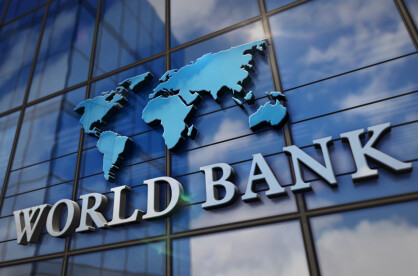It appears that no matter where you go these days, someone is always talking about the rise in the prices of essential goods. Whether it's fruits, vegetables, or cooking oil, food and living costs have risen this year for a variety of reasons. One of the countries that have been facing a rise in the price of essential goods is Malaysia.
According to the Department of Statistics Malaysia (DOSM), inflation, as measured by the consumer price index, increased by 2.8 percent this year, followed by a 5.2 percent rise in food prices. With the highest inflation rates recorded in Selangor and Wilayah Persekutuan Putrajaya (3.1 precent) and the lowest inflation rates recorded in Pahang (1.6 percent), Sabah (1.4 percent), and Wilayah Persekutuan Labuan (1.4 percent).
These price increases, without a doubt, has a large impact on the total cost of the monthly household bills as some of the prices of goods appear to have doubled. With all Malaysian states reporting an increase in the inflation rate of food and non-alcoholic beverages, many Malaysians are forced to reconsider adding fruits, vegetables, and especially meat to their shopping carts, as the inflation rate of meat has increased by 9.5 percent, followed by other essential food items.
What is causing prices to rise?
Addressing the price increase in items, Chief Statistician Uzir Mahidin stated that inflation is being driven by the increase in food prices due to an increase in consumption of food away from home.
However, there is more to this issue than people eating out. One of these factors could be the maximum price scheme that was put in place during the Hari Raya season. While this scheme was implemented to stabilize food prices and supplies during Ramadan and Hari Raya Puasa celebrations, the festive season also saw an increase in demand for some food items, such as chicken, resulting in price increases after the festive season.
Another factor that could contribute is an increase in global fertilizer prices, which would result in higher production costs. While the government is under pressure to provide farmers with fertilizer subsidies in order to keep the agriculture industry running smoothly, climate change and heavy rains have also played a role in some of the disruptions.
With more Asia-Pacific countries experiencing the negative effects of climate change, the agriculture industry has been hit hard as unpredictable weather conditions prove difficult to work around. Malaysia was also hit by these effects earlier this year, when heavy rains caused landslides in Western Malaysia and flash flooding in some districts, affecting over 300 people and forcing evacuations.






